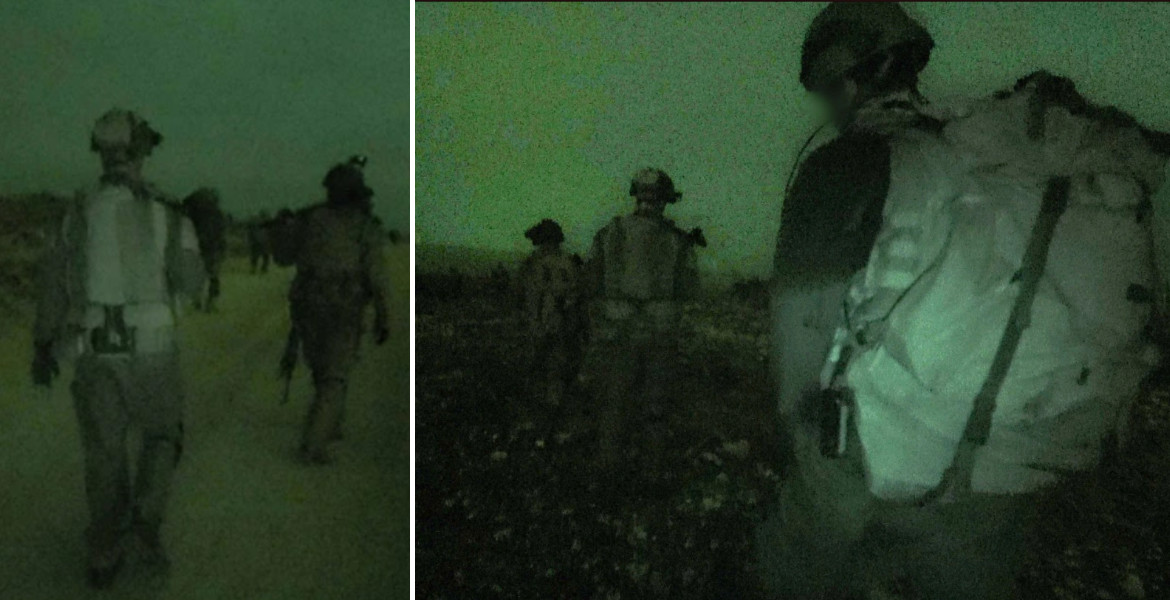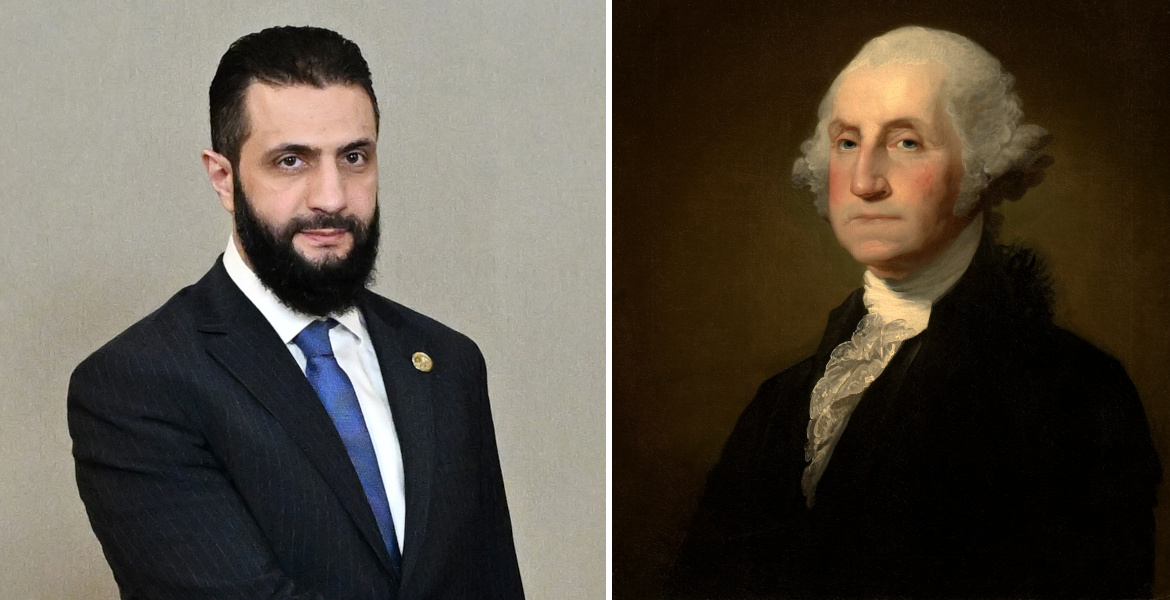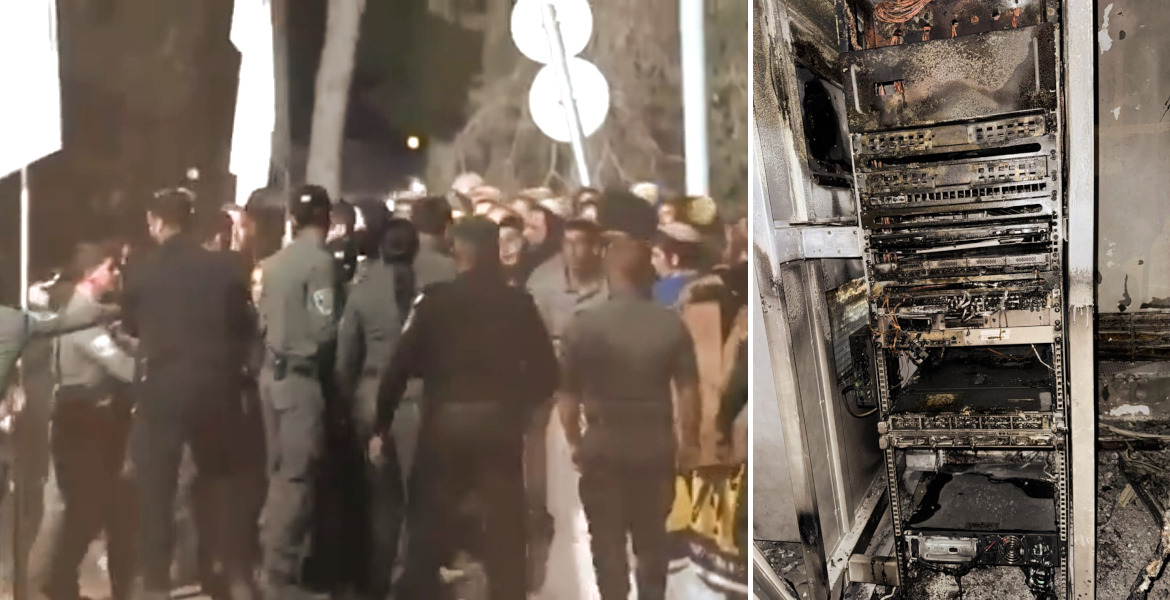After eight years of relative calm in the region, Syrian jihadists returned to Aleppo at the weekend, having launched a swift and surprising offensive against Assad government forces last week.
The attack, led by the Islamist group Hayat Tahrir al-Sham, can justifiably be said to pose a serious threat to the relative stability that has prevailed in the area since 2016, and risks renewing the bloody fighting in the region.
The response from Syrian government forces was relatively swift, but external actors such as Iran and Russia have also mobilized to regain control. The offensive, which unexpectedly moved quickly into the city center of Aleppo, reportedly took both the Assad regime and international actors by surprise.
After years of trying to keep the city under their control, government forces, after a brief lull, launched airstrikes against rebel positions in Aleppo’s surroundings.
According to reports from the Syrian Observatory for Human Rights (SOHR), at least 200 combatants have been killed so far in the fighting, many of them civilians.
Hayat Tahrir al-Sham, a splinter group of Al-Qaeda, filmed its advance through the streets of the city, posing at famous landmarks such as the Aleppo Citadel and other historical sites.
In mobile videos on social media, they were seen trampling on posters of the president, Bashar al-Assad, and burning symbols of the Arab nationalist socialist Baath Party’s rule.
– We returned to give people hope and to take back our country, said an anonymous rebel leader.
These are the “Syrian rebels” attacking Aleppo.
These ISIS terrorists are fully backed, armed, and funded by NATO member Turkey.
Stop calling ISIS terrorists “freedom fighters.” pic.twitter.com/PpFFp3nQcw
— Hemdad Mehristani (@Mehristani) November 29, 2024
Renewed support from Russia and Iran
The government’s response to the rebel offensive was initially somewhat tardy, but relatively soon both Syrian and Russian aircraft began intensive bombing in both Aleppo and the neighboring provinces of Hama and Idlib.
Syrian state media reports that more than 400 jihadists were killed in a 24-hour period, and that ground troops are now preparing to surround and repel rebel forces. At the same time, Russian air strikes against resistance bases are reportedly intensifying.
The Syrian military has long relied on its alliance relationship with Russia and Iran, both of which are militarily involved in the war. On Friday, Russian troops joined the air strikes against the groups that had moved towards Aleppo and Idlib.
– They have killed 200 militants who carried out the offensive in northwest Syria, the Russian news agency Tass reported.
Despite these bombings, Hayat Tahrir al-Sham continues to control large parts of Aleppo, according to sources.
Assad’s forces carried out airstrikes on Aleppo’s Christian Suleimaniyah neighborhood today, seemingly in response to significant battlefield losses. pic.twitter.com/M1uWTayGkq
— Breaking911 (@Breaking911) December 2, 2024
Turkey’s role
Thousands of civilians, many of them Kurds, have sought refuge from the fighting in eastern Syria, according to the Kurdish-led administration in the region. The UN and international aid agencies warn that the situation is rapidly becoming unsustainable for civilians fleeing the fighting
Turkey’s role and responsibility in the unfolding situation further complicates the picture. Ankara has long supported the Hayat Tahrir al-Sham group in its efforts to oust the Syrian regime from key areas, meaning that NATO member Turkey’s interests may clash with Russia and Iran’s support for Assad.

The Syrian government’s military action is accompanied by messages that it will regain control of the city. Syrian state media regularly show pictures of captured jihadists and destroyed resistance bases.
– We will retake the whole city, we have all the resources and support we need, said a Syrian officer during an appearance on state television.
In Sunday’s speech, Iranian President Masoud Pezeshkian called for continued support for Assad and pledged that Tehran would send additional forces if needed.
– Tehran is ready to provide all the support needed to beat back the rebels, Pezeshkian proclaimed to the present Syrian media.
Despite Assad’s repeated support from his international allies, his power is still not absolute, and the future of the region is seen as being determined by the military’s ability to repel the rebels.
Syrian observers say a long-term return to war in the country is highly likely unless negotiations and political solutions receive more international support.
The civil war in Syria
Syrian President Bashar al-Assad is still in office after the civil war triggered by the Arab Spring in 2011 devastated large parts of the country. al-Assad continues to enjoy the support of Russia, Iran and Shia militias in the region. At present, however, the allies are largely tied up in other wars and conflicts.
The wars just to the west, in Gaza and Lebanon, have in some ways spilled over into Syria as Israel has stepped up air strikes against targets in Syria.
The Assad regime has limited control over Syria's territory, with Kurdish forces maintaining autonomy in the northeast and another set of rebel forces holding areas in the north and northwest, largely with support from Turkey.
Aleppo was Syria's largest city before the outbreak of war in 2011, but a long and bloody siege left much of it in ruins from indiscriminate Russian aerial bombardment. In 2016, government forces retook control of the city, marking a clear turning point in the war.
Source: TT







